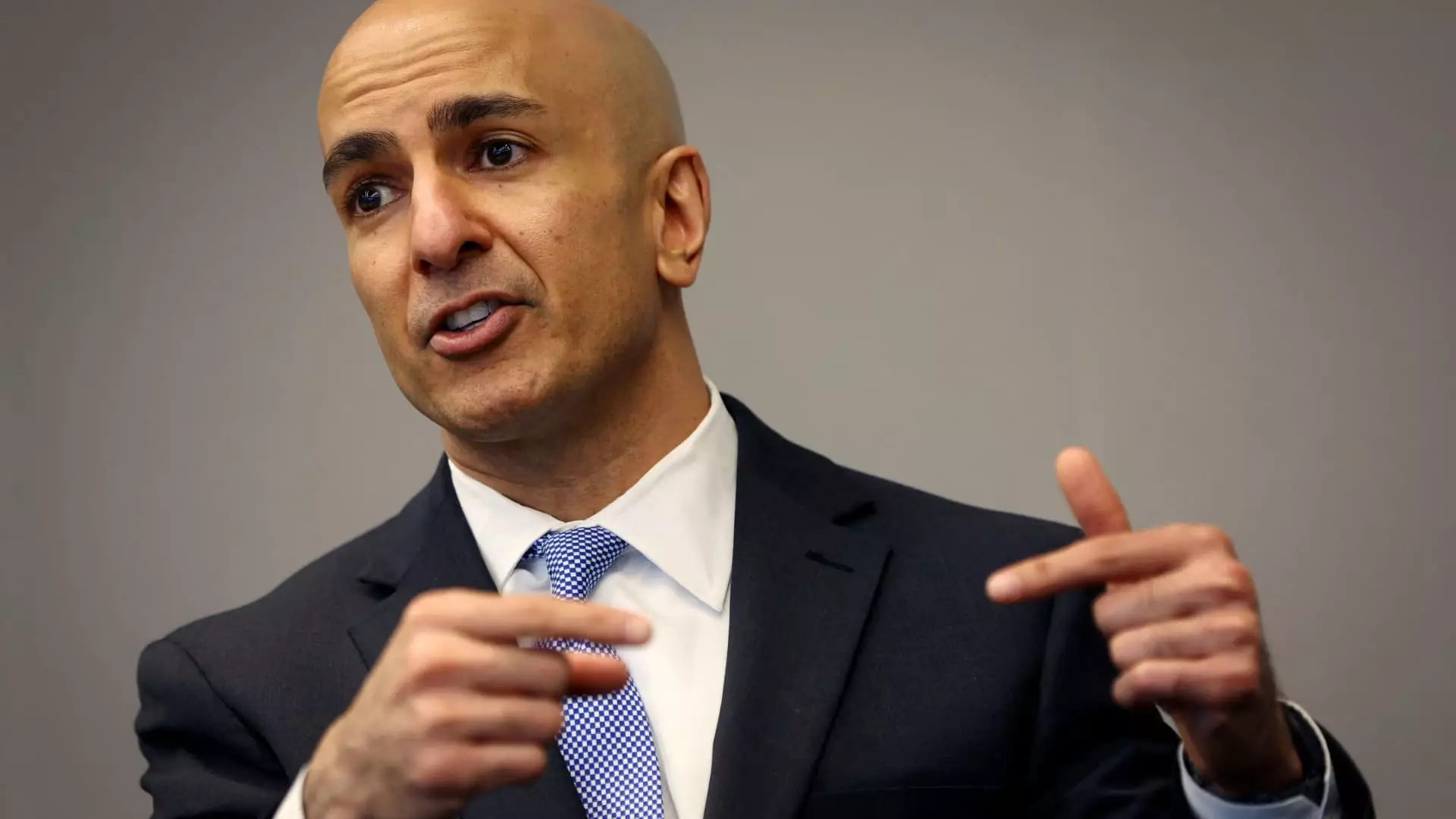As the financial world continues to evolve, investors are on the lookout for insights that can help navigate the complex landscape shaped by economic policy and corporate strategies. This article delves into the latest developments affecting the U.S. stock market, corporate transformations in the automotive and airline industries, as well as retail adjustment strategies at a major sneaker retailer.
The U.S. stock market witnessed a notable upward trend on Monday, which can be attributed to investors adjusting their strategies in light of the Federal Reserve’s recent decision to trim interest rates for the first time since 2008. Despite modest gains in major indices such as the S&P 500, Dow Jones Industrial Average, and Nasdaq Composite, the Dow achieved a record close, highlighting a sector still buoyed by investor optimism.
The significant half-point reduction in rates has led to a spectrum of opinions among Federal Reserve officials concerning future monetary policy. In a conversation with CNBC, Neel Kashkari, President of the Minneapolis Fed, indicated a potential shift back to the more conservative 25 basis point adjustments unless there’s a considerable alteration in economic data. Meanwhile, Raphael Bostic, Atlanta Fed President and a voting member, expressed a more aggressive stance, suggesting that he envisions a swifter normalization of monetary policy than previously anticipated. These divergent views could foreshadow increased volatility in the stock market as traders remain vigilant for indicators of economic instability.
Amid the fluctuating economic landscape, the electric vehicle (EV) sector is witnessing a revitalization, particularly through General Motors (GM). After grappling with a rollercoaster of production delays and fluctuating consumer demand, GM’s efforts to ramp up its EV sales are bearing fruit. The auto giant reported a 70% increase in EV sales through August compared to the previous year, with sales figures reaching approximately 21,000 in just July and August alone.
This resurgence is a positive sign for GM, as it broadens its EV lineup across various price points, ranging from $35,000 to an impressive $300,000. According to GM’s President of Global Markets, Rory Harvey, the company is significantly outpacing industry growth rates in the EV segment. However, the challenge remains for traditional manufacturers to establish themselves amid the formidable competition presented by EV market leader Tesla, underscoring the necessity for strategic innovation.
Airline Industry Challenges and Transformations
Moving beyond the automotive sector, the airline industry is not without its own hurdles. Southwest Airlines, known for its unique operational model, is contending with the pressures of escalating profit margins amid scrutiny from activist investors like Elliott Management. In an internal communication, COO Andrew Watterson emphasized the necessity for “difficult decisions” as the airline examines pathways for restructuring its operations.
To respond effectively to this investor pressure, Southwest has already initiated significant alterations to its approach, including the implementation of assigned seating and broader online visibility through platforms like Google Flights and Kayak. These adjustments aim to enhance customer experience and streamline operations, but the upcoming investor day this Thursday will be crucial in outlining the airline’s strategic direction moving forward.
As Foot Locker celebrates its 50th anniversary, the retailer is embarking on a journey of revitalization amid a rapidly changing marketplace. The shift in retail dynamics—marked by an increasing emphasis on direct-to-consumer sales—poses a challenge for specialized retailers like Foot Locker. Nonetheless, recent data suggests that the company is showing signs of recovery, notably posting comparable sales growth for the first time in six quarters.
This turnaround is largely attributable to a strategic overhaul of its store footprint and enhanced engagement with key supplier Nike. However, the road to sustained growth remains uncertain, as Foot Locker navigates the transition from conventional retail models to meet the evolving preferences of a digital-savvy consumer base.
The U.S. stock market is poised at a critical juncture, shaped by monetary policy shifts and corporate strategies in the automotive, airline, and retail sectors. Investors must remain proactive, leveraging the insights from these developments to inform their trading decisions in the face of a constantly evolving economic landscape.


Leave a Reply